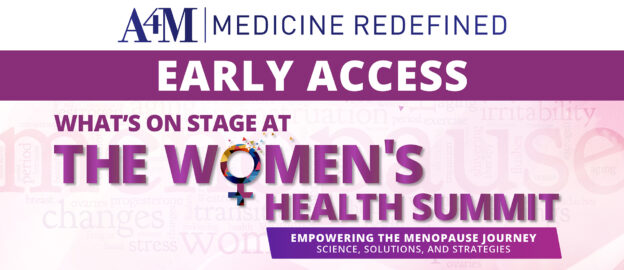The energy from the sold-out 2025 Women’s Health Summit in Scottsdale continues to reverberate. Between October 9-11, practitioners gathered at The Westin Kierland for an intensive deep-dive into menopause medicine, emerging from three days armed with protocols, data, and strategies that directly address the most pressing challenge in women’s healthspan optimization: menopause.
Our second-ever Summit delivered on its promise to equip providers to empower their patients’ journeys through this consequential and long-lasting hormonal transition. A lineup of leading female health experts presented evidence-based frameworks spanning metabolic health, hormone optimization, genetic influences, musculoskeletal preservation, mental health support, and systemic healthcare reform. Each session provided immediately applicable clinical tools designed to elevate women’s health outcomes in practice.



